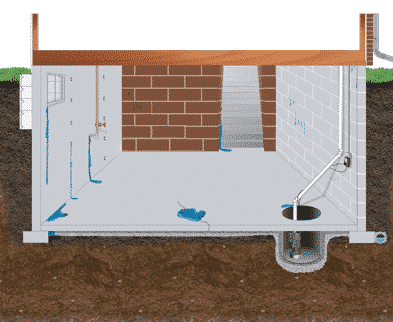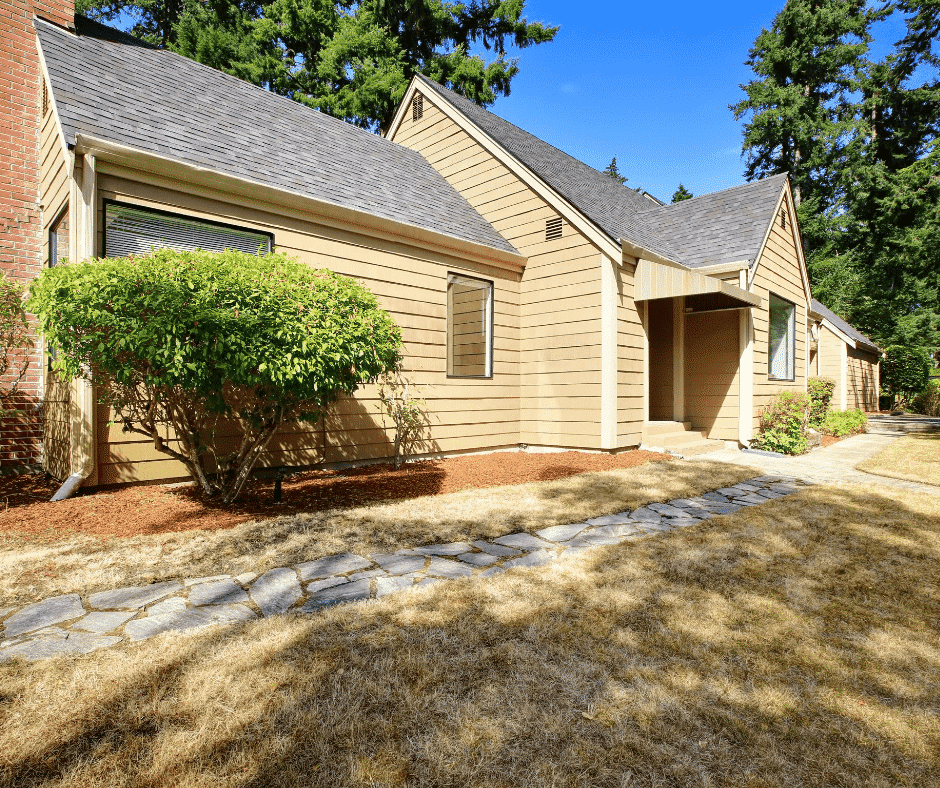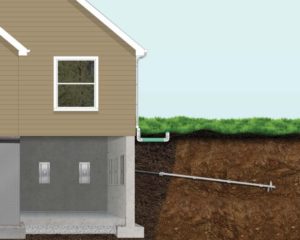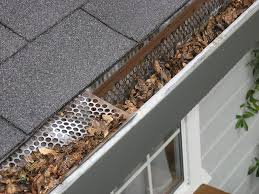Causes of Basement Water Damage
Basements are the most common area of the home to experience water damage. While a basement can be a great storage space or extra living area, if it floods, the damage can be significant. Here are four of the most common causes of basement water damage.
Location
One of the most common causes of basement water damage is poor home location. Homes that are built in floodplains or near bodies of water are at a higher risk for flooding, which can lead to water seeping into the basement. To avoid basement water damage, it is important to choose a home location that is not susceptible to flooding and to ensure that the home has an adequate drainage system.
Foundation Problems
One of the most common causes of basement water damage is a faulty foundation. Over time, foundations can settle or shift, which can cause cracks. These cracks allow water to seep in, and when enough water accumulates, you’ve got a flood on your hands. To avoid this, it’s important to have your foundation inspected regularly by a professional.

Inadequate Drainage
Homes that have inadequate drainage systems are also more likely to experience basement water damage. When rain falls, it can pool around the foundation of the home and seep through cracks and other openings. Without a proper drainage system in place, this water can quickly build up and cause serious damage.
Improper Basement Sealing
One of the leading causes of basement water damage is improper basement sealing. When a basement is not properly sealed, moisture can seep in through cracks and porous concrete, resulting in mold growth and musty odors. In addition, unsealed basements are more susceptible to flooding during heavy rains.
To prevent water damage, it is essential to seal all cracks and openings in the basement with a waterproof sealant. In addition, any basement walls that are made of concrete should be treated with a waterproofing solution to further prevent moisture from seeping in. By taking these precautions, you can help to prevent costly water damage to your home.


Plumbing and Appliance Leaks
When most people think of water damage in their home, they picture a flood or a burst pipe. However, many homeowners are surprised to learn that plumbing leaks can also be a major cause of basement water damage. While a small leak may not seem like a big deal, over time it can lead to serious problems.
First, the water from the leak will saturate the surrounding area, making it more susceptible to mold and mildew growth. Second, the constant presence of water can weaken the structure of your foundation, leading to cracks and other structural damage. Finally, if the leak is left unaddressed, it can eventually lead to a complete collapse of your home’s foundation. Given the potentially devastating consequences of plumbing leaks, it’s important to be proactive in addressing them. If you suspect that you have a leak, it’s important to call a qualified plumber as soon as possible. By taking prompt action, you can help prevent significant water damage to your home.
Leaking appliances are another common cause of basement water damage. Washing machines, dishwashers, water heaters, and sump pumps are all located in the basement, and if any of them develop a leak, the potential for flooding is high. To avoid this, it’s important to inspect your appliances regularly for signs of leaks, such as rusting or pooled water. If you do find a leak, have it fixed immediately by a professional.
Weather and Weather Proofing
Basement water damage is often weather-related. Heavy rains and storms can lead to flooding, while snow and ice can cause problems with freezing pipes. In order to minimize the risk of weather-related water damage, it is important to take steps to weatherproof your basement. This may include ensuring that gutters and drains are clear and in good working order, as well as seal any cracks or gaps in the foundation. Taking these precautions will help to reduce the risk of water damage should bad weather strike.
Gutters & Downspouts
If your home’s gutters, downspouts, and French drains are not functioning properly, rainwater can collect around your foundation and seep in through cracks or other openings. This is why it’s important to make sure your gutters are clean and clear of debris and that your downspouts are directing water at least four feet away from your foundation.
Sump Pump Problems
A malfunctioning sump pump can cause homeowners headaches. A sump pump is a small device that is installed in the lowest point of a basement or crawlspace. Its job is to pump water out of the space and away from the foundation to prevent flooding. However, if the pump fails, water can quickly build up in the basement, leading to severe damage.
In some cases, the pumps are not powerful enough to handle heavy rains or snowmelt. In other cases, they may become clogged with debris or fail due to a power outage. Whatever the cause, it is important to have a plan in place to deal with sump pump problems to prevent basement water damage.

Prevent Flooding in Your Basement
While basements offer extra storage space or living space, they also come with the risk of flooding. To avoid costly repairs down the road, it’s important to be proactive in preventing flooding by having your foundation inspected regularly and making sure your gutters and drains are clear and functioning properly. In addition, be sure to inspect your appliances regularly for signs of leaks so you can have them fixed before they cause any major damage.
